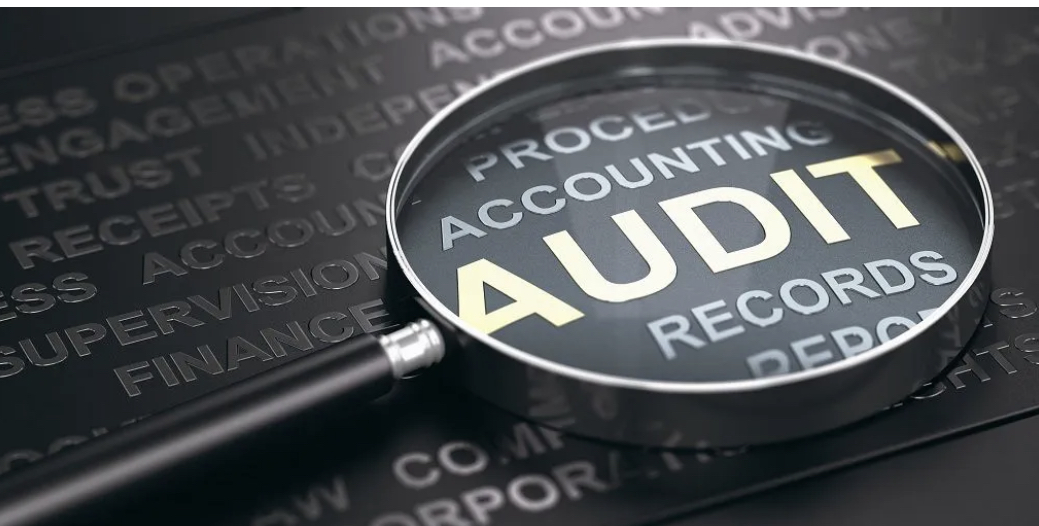
Welcomed news that the Louisville Metro Council has ordered an internal audit of Louisville Metro Police Department’s “recordkeeping process.”
https://www.courier-journal.com/story/news/2023/01/09/louisville-metro-…
The resolution directing the audit was approved at the Council’s last meeting in 2022.
https://www.lpm.org/news/2022-12-07/metro-council-looks-to-audit-lmpd-r…
I would propose an audit of •all• Metro Government records management and retention program and practice.
I would also propose an audit that includes auditors with specific expertise in records management and retention — an area of law governed by the Kentucky Revised Statutes and Kentucky Administrative Regulations and implemented by the Kentucky Department for Libraries and Archives.
https://apps.legislature.ky.gov/law/statutes/chapter.aspx?id=37947
https://apps.legislature.ky.gov/law/kar/titles/725/
Metro’s internal auditors are probably not well-acquainted with KRS Chapter 171, the process by which all records retention schedules are developed, and the records management best practices which inform them.
“The audit, expected to take 6 to 8 months, seeks to determine when records retention schedules are reviewed and updated, who is in charge of all open records request processes and the chain of custody for handling requests," Courier staff reporter Kala Kachmar writes.
Although the statutes governing access to public records under Kentucky’s Open Records Act — and found in Chapter 61 of the Kentucky Revised Statutes — are deemed “essentially related” to the statutes governing records management and retention found in Chapter 171, the internal auditors’ charge appears to conflate the two laws.
https://apps.legislature.ky.gov/law/statutes/statute.aspx?id=50009
Open records compliance is related, but not functionally equivalent, to proper records management and retention.
KDLA, working with and for all local and state agencies, reviews and revises records retention schedules -- sometimes at the agency's request and sometimes on KDLA's own initiative -- and those proposed schedules are vetted by the Archives and Records Advisory Committee and approved (or not) by the Libraries, Archives, and Records Commission.
Any unscheduled public records -- i.e., those that are new, have evaded scheduling, or simply been overlooked -- cannot be destroyed at will. They must be retained until they are scheduled by KDLA and it's Libraries, Archives, and Records Commission. This gives them the character of permanent records -- those that must be maintained forever -- no matter how "inconsequential” until they are scheduled.
Formerly, the Archives and Records Commission -- the commission's current charge, as well as its membership, was diluted by statute in 2018 when the public records commission was consolidated with the library commission. A majority of it current members are librarians rather than public records archivists who, with due respect, are better equipped to appraise the administrative, legal, fiscal, historical, research, and “intrinsic” retention value of the record under consideration — all criteria for determining how long a record must be kept and where a record must be kept.
https://apps.legislature.ky.gov/record/18rs/HB302.html#SCS1
From the perspective of one who served on the Archives and Records Commission and it’s advisory committee for well over two decades, I believe it is fair to say that the public records program has suffered under this consolidation of the two disparate programs — public records and libraries — housed at KDLA.
Nevertheless, KDLA staff should be consulted in the course of this audit.
Few, if any, current KDLA staff will recall the heated debates that took place through the years at the advisory committee and commission meetings about law enforcement agency attempts to classify complaints about officers as “formal” and “informal,” and to assign a shorter retention to the latter. These attempts consistently failed.
Louisville Metro Police Department knew, or should have known, that the law requires retention of complaints until five years after an officer’s separation (voluntary or involuntary) from employment and recognizes no distinction between “formal” and “informal.”
https://kdla.ky.gov/records/recretentionschedules/Documents/Local%20Rec…
(See Records Series 5123 and 6096)
I was part of that debate on multiple occasions, and the argument — that informal complaints can be differentiated from formal complaints — was flatly rejected based on established caselaw. Nothing will convince me otherwise.
https://casetext.com/case/kentucky-st-bd-of-med-v-courier-journal (“The [agency’s] attempt to categorize complaints as formal public complaints and private individual complaints has no bearing on whether such complaints must be released”).
As may be apparent, auditing records management compliance or noncompliance is a daunting, and sometimes tedious, task. Auditing open records compliance or noncompliance is a separate but equally daunting task.
Separate the audits and consult with experts in either area of law before drawing conclusions — lest there be insufficient expertise (and objective standards) for valid audit results.
And circle back in six months to ascertain how much progress has been made on the audit or audits. A buried audit does nothing to advance the public’s right to know.



